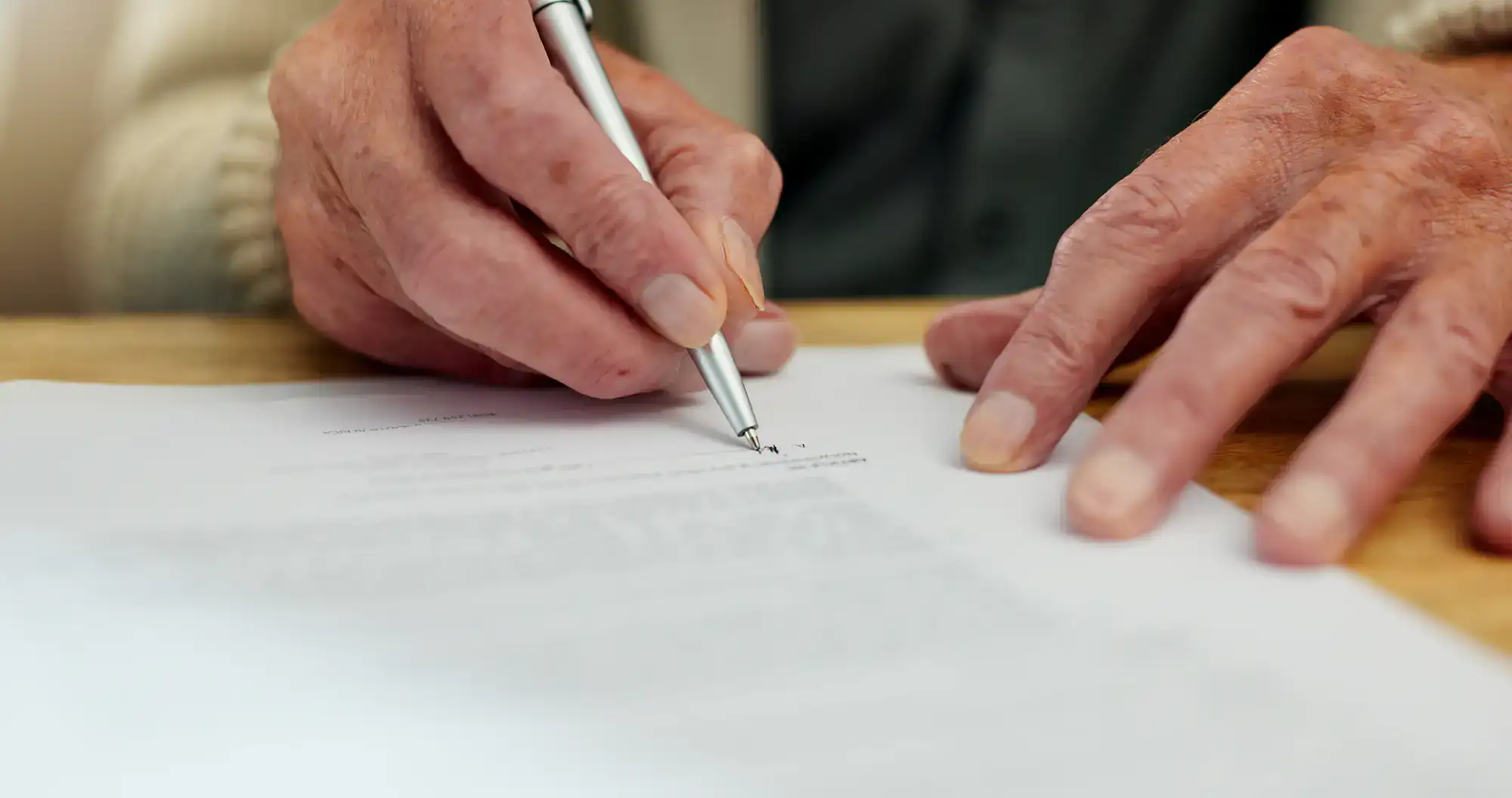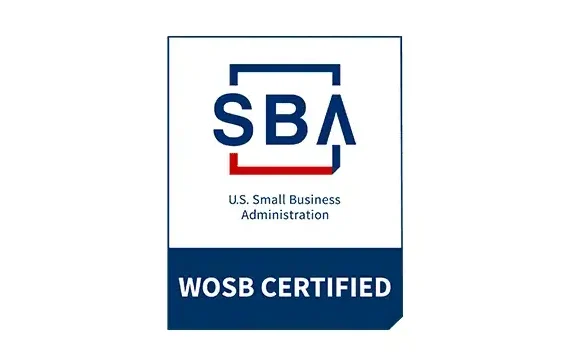Wills Attorney in Melville, NY
Protect Your Family's Future Today
Clear, compassionate legal guidance for Long Island families who want their wishes honored and their loved ones protected.


Estate Planning Services Melville
When you have a properly drafted will, your family knows exactly what you want. No guessing. No fighting. No expensive court battles that drain the assets you worked so hard to build.
Your home, your savings, your personal belongings—they all go where you intended. Your children have the guardian you chose. Your spouse isn’t left navigating New York’s intestacy laws while grieving.
Peace of mind isn’t just about having documents. It’s about knowing your family is truly protected when they need it most.
Melville Wills Lawyer
We understand what matters to Long Island families. We know the unique challenges of protecting substantial real estate assets in one of the state’s most expensive markets.
We serve individuals and families through significant life transitions—aging, illness, disability, or loss of a loved one. Our approach is grounded in personalized, compassionate legal support that respects your time and priorities.
With bilingual services in Spanish and Italian, plus the flexibility to meet you at home, in the hospital, or at nursing facilities, we make estate planning accessible when and where you need it most.

Will Preparation Process
First, you’ll discuss your goals and concerns during a consultation. This isn’t about selling you services—it’s about understanding your unique situation and what matters most to your family.
Next, we’ll assess your assets, family structure, and any special considerations like aging parents or children with special needs. We’ll explain your options clearly, without legal jargon that wastes your time.
Finally, we’ll prepare your will and related documents, ensuring everything meets New York’s strict requirements. You’ll review everything together, make any necessary adjustments, and execute your documents properly so they’ll hold up when needed.

Ready to get started?
Comprehensive Will Drafting
Your will includes specific instructions for asset distribution, executor designation, and guardianship appointments for minor children. But it’s also integrated with your broader estate planning strategy.
In Melville, where the median home value exceeds $848,500, proper planning can help you avoid New York’s expensive probate process and protect your real estate investments. Many families also need to consider Medicaid planning, especially since long-term care costs can quickly deplete savings.
We address these local realities head-on. We understand the five-year lookback period for Medicaid eligibility and can help you plan accordingly. We also know how to structure your estate to minimize taxes and protect your family’s financial security for generations.









